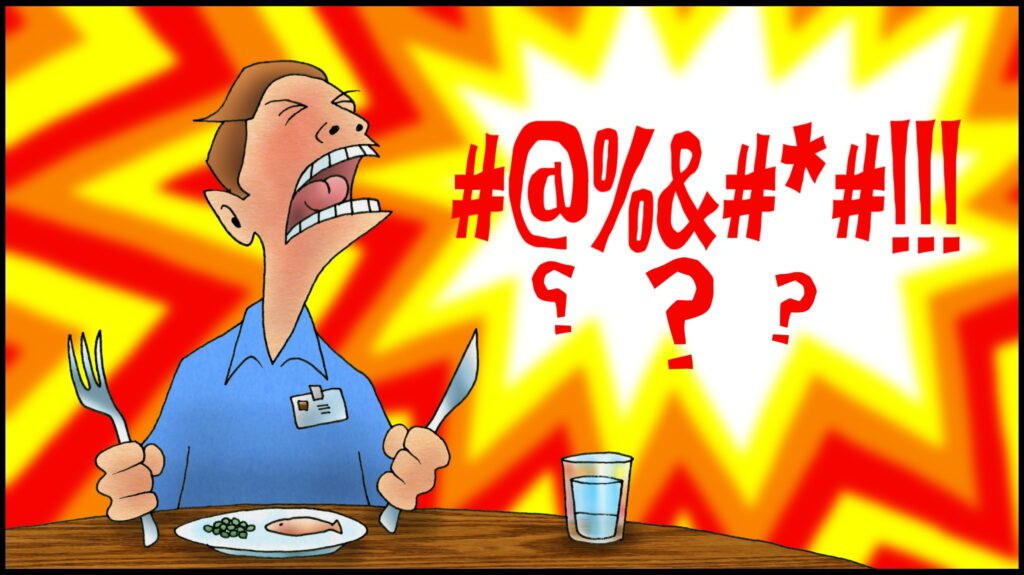The Scrabble dictionary contains 4,030 four-letter words. There are, undoubtedly, many fine words contained in that list such as ship, goat, free and plot to name a few. One word on the list, diet, is one of my least liked words. Perhaps you feel the same way because it conjures up feelings of excessive restriction. When it comes to food consumption, I prefer to practice a lifestyle that meets needs and brings with it an exhilarating taste sensation. Eating for nutrition and taste eliminates the cravings for excess.
There are many diet plans on the market. The problems people face with diet plans are multi-faceted. Most anyone can and will lose weight if a plan is followed closely since restriction of certain foods and nutrients equals fewer calories consumed. Prohibiting food groups, however, can stir up feelings of anxiety, which may lead to cravings. A dieter may be determined to shed a few pounds so they muster all the willpower they can and push through. This roller coaster of restrictions and cravings can cause a dieter to lose awareness of the sensations of true hunger and satiety and can lead to overeating once the diet has ended. Dieters who fail to maintain the heavy restrictions can “throw in the towel” and give in to consuming an entire sleeve of cookies, a bag of cheese doodles or whatever the craving. Another problem a dieter faces is slowing their metabolism. Rapid weight loss causes a loss of muscle tissue, fat takes longer to burn away, thereby slowing the body’s metabolic process. The sum of these inconsistencies can lead to a lifestyle of yo-yo dieting which brings about a greater level of health concerns.
Instead of focusing on what we can’t eat, let’s focus on what we can and should eat. In our recent “Tip of the Week” articles, we focused a series of messages on SuperFoods. These are nutrient dense foods that supply the vitamins, minerals and fiber our bodies need to function properly.
When we focus on choosing healthful foods, we will have what we need to thrive and fight disease. Eating nutritious foods actually promotes health. A lifestyle of eating this way tends to curb our appetite for lesser things like sugar and refined products because our nutritional needs are being met.
Fad diets come and go, but eating for health is sustainable and beneficial. Listed below are some of the great foods to incorporate into your daily routine:
- Dark, leafy greens provide an excellent source of folate, zinc, vitamin C, calcium, iron, magnesium, carotenoids (anti-inflammatory) and fiber.
- Berries provide vitamins, minerals, fiber and antioxidants.
- Whole eggs provide B vitamins, choline, selenium, vitamin A, iron and phosphorus. They are also a good source of protein.
- Nuts and seeds are rich in fiber, vegetarian protein and healthy fats.
This is a random sampling of good-for-you foods that build your body and strengthen your immune system. When you eat for health, the tendency to over-consume naturally fades away. Also add plenty of the most important nutrient, water, and do some walking for exercise so that you can soon forget about that ugly four-letter word: diet.
MANAGING FATIGUE EDUCATIONAL PROGRAM | Scarlet Knight © 2020 Please Distribute to Others.




